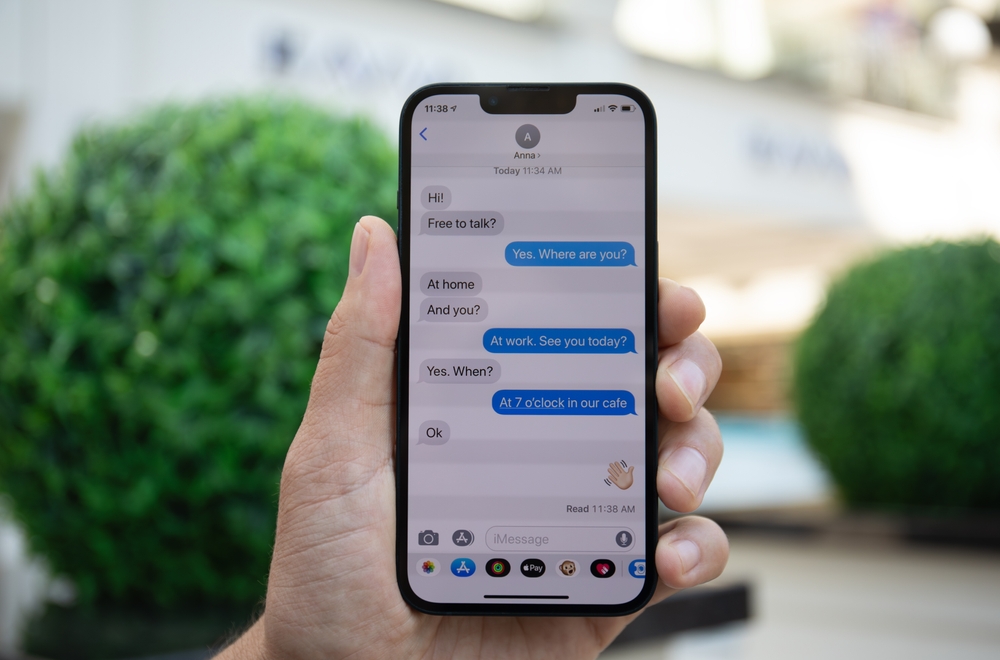Apple’s ongoing battle with cross-platform communication has taken a significant turn as it recently barred Android applications from interacting with its proprietary messenger, iMessage. This move is a part of the company’s efforts to secure its ecosystem, disrupting the functioning of third-party apps designed to bridge the gap between Android and Apple devices.

iMessage Barrier: Protecting Apple’s Ecosystem
Previously, various solutions enabled Android users to communicate within the iMessage environment, fostering conversations across different platforms. However, Apple, citing security concerns, implemented measures to halt this practice. According to reports from Bloomberg, Apple highlighted significant risks such as metadata leaks, spam threats, and phishing attacks associated with these methods.
Apple’s Stance and Future Plans
Despite calls over nearly a decade for Apple to open its encrypted messaging system to other platforms, the company remains steadfast in maintaining its closed ecosystem. The only proposed concession is the integration of RCS, an advanced messaging standard replacing SMS, in the coming year.
Developers’ Response and Ongoing Situation
Following the blockage of apps like Beeper Mini and Sunbird, developers aim to adapt to the restrictions. Beeper Cloud, utilizing third-party servers, continues to operate, while creators defend against allegations of data security threats.
Regional Variances and Future Prospects
With impending European legislation requiring Apple to allow third-party apps on its devices, the closed nature of its ecosystem might differ by region, notes NIX Solutions. Next year will likely witness shifts in cross-platform communication regulations and Apple’s response.
